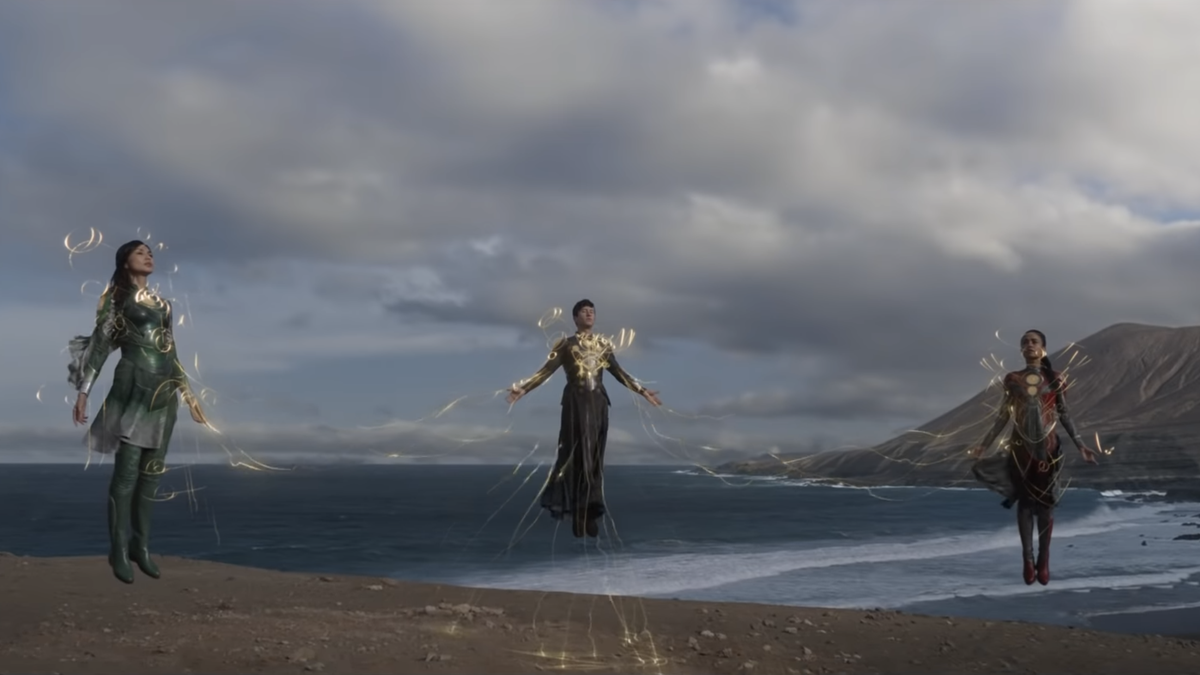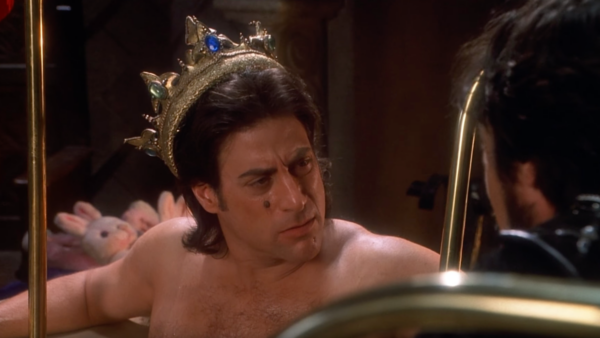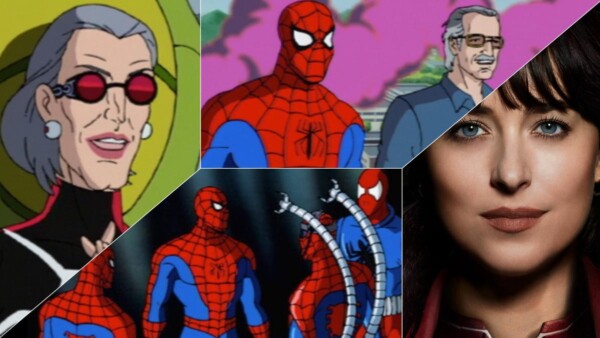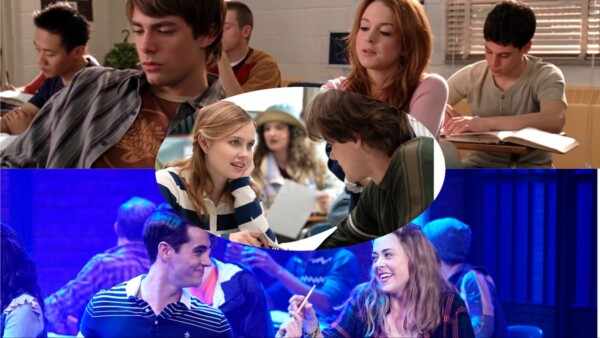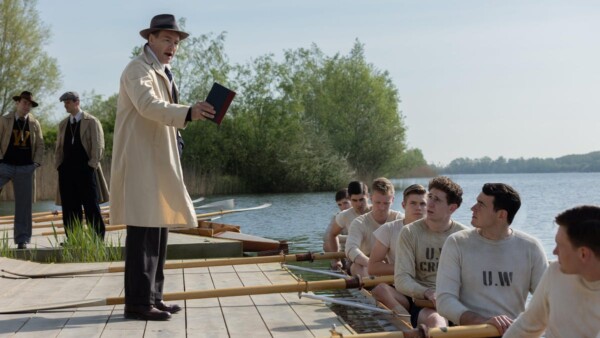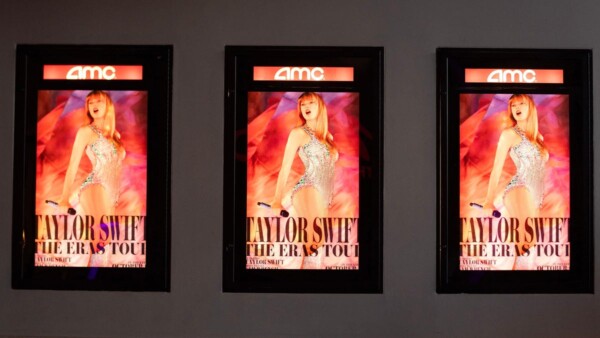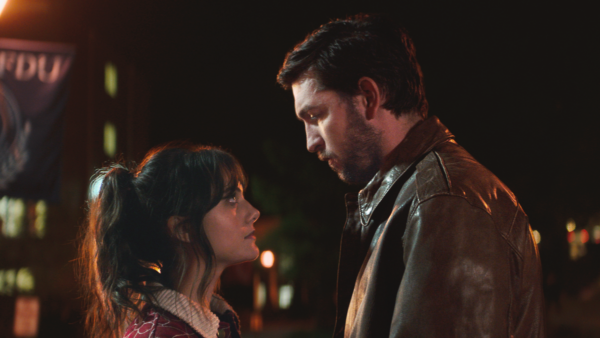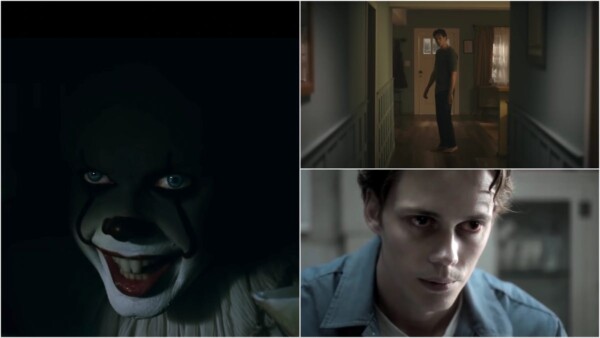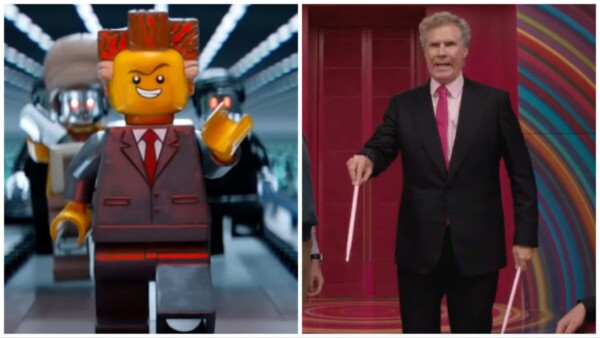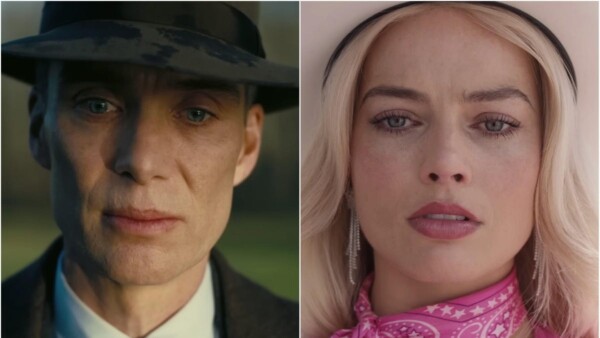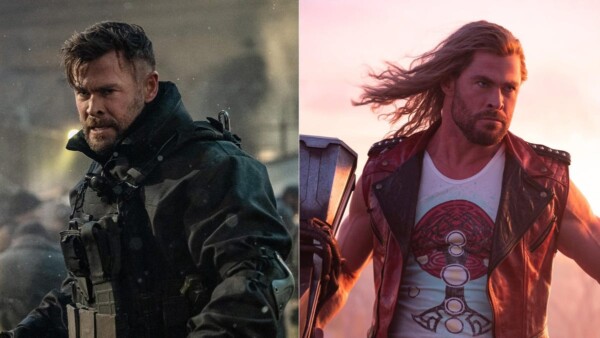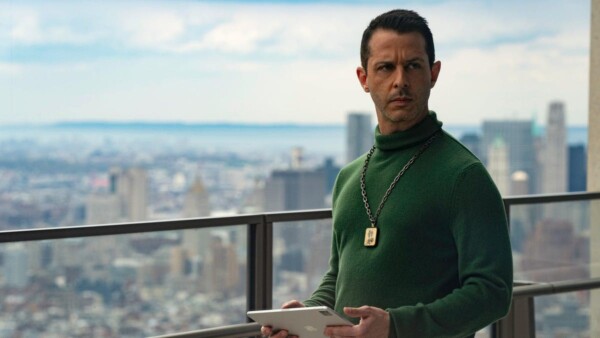This post discusses the plot and ending of Army Of The Dead.
Zack Snyder’s Army Of The Dead hit Netflix last weekend, and with it, a reminder that the director of DC’s dour superhero films is capable of delivering some solid entertainment when not beholden to a comic-book universe for which his full vision always struggled to be realized. His Las Vegas-set zombie movie is nothing if not a steady payout of violence and nihilistic brutality with gruesome set pieces and a steadily accruing body count that not only makes good on the “army” promised by its title, but also suggests its ranks will eventually expand beyond the Mojave Desert (and into a potential sequel). Between this and the Dawn Of The Dead remake that kicked off Snyder’s feature-film career, the director seems to be at his best when centering his movies around characters that don’t require any interior life, soul, nuance, or… well, character.
Merle Dandridge on “The Last Of Us,” “Station 19,” and more
This lack of concern for any humanity makes for a strength in Army Of The Dead, the same way it hamstrung Man Of Steel, Batman V Superman: Dawn Of Justice, and Zack Snyder’s Justice League. Those movies depended on characters’ internal struggles being just as meaningful as their outward battles against evil (and one another), which is why they so often fell flat. Interiority just isn’t a Snyder strong suit; even in Dawn Of The Dead, the fact that several of the characters actually possessed some richness of soul felt like more of a result of James Gunn’s script than anything Snyder brought to the table. In fact, those conflicting sensibilities—Gunn’s goofball humanism and Snyder’s glum anti-humanism—are what make the film pop. Army Of The Dead, by contrast, uses its moments of levity less to provide wit or soul to the proceedings, and more to offer some acerbic breathing room in between the relentlessness of its propulsion and feeling of inescapable inevitability of death coming for all players. The jokes are more “jokes”—chances to play up the absurdity of the situation without betraying anything so prosaic as a character having multiple layers to their identity.
You can’t ascribe more than one personality trait to the characters in Army Of The Dead, outside of maybe Dave Bautista’s Ward—and that’s only if “regret” and “sadness” count as two separate qualities. His daughter Kate (Ella Purnell) likes to help people. Ward’s old buddies Maria (Ana de la Reguera) and Vanderohe (Omari Hardwicke) want money. Oh, wait, so does chopper pilot Marianne Peters (Tig Notaro). So do a lot of the folks who sign on to brave Vegas’ zombie-infested streets in order to nab $200 million from a casino vault, save for duplicitous operative Martin (Garret Dillahunt), who’s only real definable characteristic is “loves sabotaging everything, including himself.” And then there’s safecracker Dieter (Matthias Schweighöfer), whose personality seems to be “not tough”?
And yet none of this weakens the film. Sure, the best action movies, like Die Hard, revolve around fully realized, three-dimensional, flesh-and blood heroes. But those are the exception to the rule. John Wick is more or less a Terminator who turned human long enough to want revenge. The Raid has all the character depth of Mike Tyson’s Punch-Out, because it doesn’t need any to work its way up a high-rise with ruthless bombast. Arnold Schwarzenegger and his band of tough-talking mercs in Predator are basically sentient bags of testosterone. By this measure, there’s nothing wrong with Snyder’s approach to zombies, which is to take a bunch of character types so stock they might as well wear name tags bearing their defining trait, and dispatch them with grimdark efficiency. Sometimes those identifying marks are written right into the dialogue, like when Marianne sardonically refers to herself as “the helicopter guy.”
Like James Cameron’s Aliens—to which Army Of The Dead is so indebted that it should probably be paying royalties—Snyder takes the trappings of a horror film and uses them to execute an action movie of entertainingly over-the-top kineticism and bravado. One of the first major set pieces comes as the group is trying to quietly make its way through a morass of “sleeping” zombies in the back areas of the casino. When Martin tricks badass fighter Chambers (Samantha Win) into going down the wrong route alone and waking the zombies, his nefarious plan seems to work—it appears she succumbs to the horde’s outstretched arms. But when we cut back to the main group, Chambers bursts through a pane of glass, and it looks as though Martin’s scheme will be exposed. But no, it’s just so she can die in front of her comrades, no further character elements enriched or plot deepened. We barely knew her to begin with, so the loss—involving an act of self-sacrifice and a grenade—is more meant to elicit a “Wow.” She may as well be a grenade herself.
There’s another great moment when Snyder’s empty vessels flee from zombies on the casino floor. One of the foremost symbols of capitalist avarice plays backdrop to the director’s signature flair for splash-page tableaux (one of the few saving graces of his comic-book movies), as human battles zombie for stakes in which the audience has no real investment, because who cares if these people we barely know get rich or not? When Guzman (Raul Castillo) detonates his grenades to kill as many zombies as possible, there’s no regret at his death, only glee at the explosion. Whoever loses, we win.
And that’s why the film actually works relatively well, for what it is. By driving home the thematic hollowness at the core of just about every character—emphasized by their mirror images in the undead-yet-thinking Alpha zombies menacing them—Snyder has once more made a zombie movie that suggests the only thing separating these money-hungry dullards from the flesh-eating undead is a pulse. Thankfully, he does so while delivering enough daffy thrills and gore to quicken ours.
Der obige Text ist eine maschinelle Übersetzung. Quelle: https://www.avclub.com/zack-snyder-is-at-his-best-when-his-characters-have-no-1846972318?rand=21959



